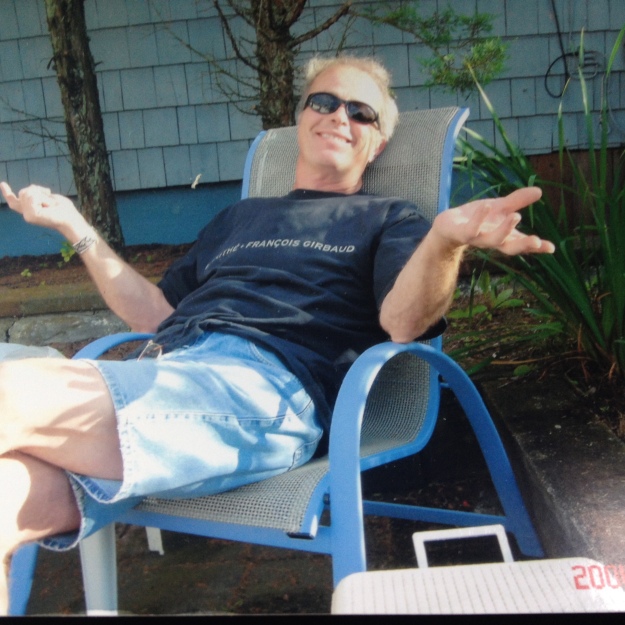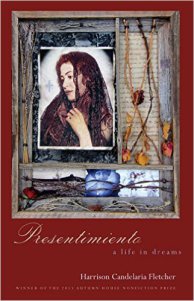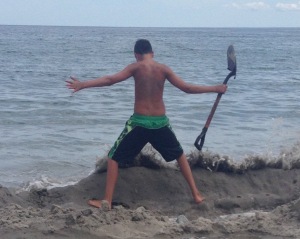It’s the day after Christmas, and I’m alone in the house, drinking coffee, kitties sleeping nearby. It has been a most wonderful Christmas, maybe the best one ever (though full disclosure– I might say that every year) — but right now, this is a truth. I am full and blessed and humbled and joyful. I am thinking about one special gift.
On Friday, the day before Christmas Eve, I got word that Johnny died. He lived next door to my mother and was a fixture in the small Massachusetts beach community, one of the few all-year-rounders, like my mother and her husband. Fastidious by nature, he cleaned houses and got summer cottages ready for owners who arrived in time for 4th of July. He vacuumed his entire house every day, often starting at 4 a.m., and when I complained to him that I could hear the noise from my opened bedroom window–and even in later years through the closed window with air conditioner on– he was startled to realize that running a vacuum at such an early hour wasn’t everyone’s version of normal behavior. And his windows–he had to have the cleanest windows anywhere; he washed those, too, every day.
In many ways, Johnny was larger than life. I think it’s safe to say that his idol was Diana Ross, and from time to time, he would emerge onto the balcony of one of the houses he was cleaning, dust rag in hand, to pose as the icon, reciting the words to “Ain’t No Mountain High Enough” and maybe belting out a few lines. My partner then was from Charlottesville, Virginia, and when we arrived at my mother’s for our annual summer visit, Johnny would stick his head out the window and shout, “The South will rise again!” in his version of a drawl. He lived alone, preferring it that way. No one, he said, could get used to his habits. Or he to theirs. He loved the beach community but he didn’t often go to the beach, preferring instead to wander over in the late afternoon, cigarettes and Diet Pepsi in hand, to sit on the porch steps and chat.
Johnny minded growing older, and he suffered loss with tremendous anguish. It saddened him deeply when my partner and I broke up, though he welcomed my current partner with characteristic flourish, and he meant it. The people he loved, he loved fiercely. And in those earlier days when my partner and I arrived to his Scarlett O’Hara battle cry, he would find us, too, in the dark early hour of our departures, to hand us money and food for the trip back to Virginia. He wouldn’t take no for an answer.
In his last couple of years, Johnny didn’t live in his home any longer; he couldn’t take care of himself. Though only sixty-six when he died, his health had deteriorated too much. The streets of our little beach town just aren’t the same without him–his strong Boston accent (“how AH ya?”) shouted from his bathroom window while he leaned out and smoked, his shuffle up and down the street, cleaning rag in hand, replacing everyone’s trash cans after the garbage men tossed them in disarray, or pulling out of his driveway in that red Solara to get the daily meatball sub from Brant Rock or the red geraniums that he planted and cared for with such attention. Children loved him; he was everyone’s favorite uncle.
Johnny was a gift in my life. His friendship and love were uncomplicated offerings that I accepted gratefully. His presence was something I counted on, and now, here, in my Virginia study, I miss him. But I’m buoyed, too, by his love and by his generous spirit that live on in all who knew him. Johnny Franco, I miss you, dear friend. Your love and your life are treasured gifts. Thank you.

 THE YEAR OF NEEDY GIRLS
THE YEAR OF NEEDY GIRLS By Amy Wright
By Amy Wright